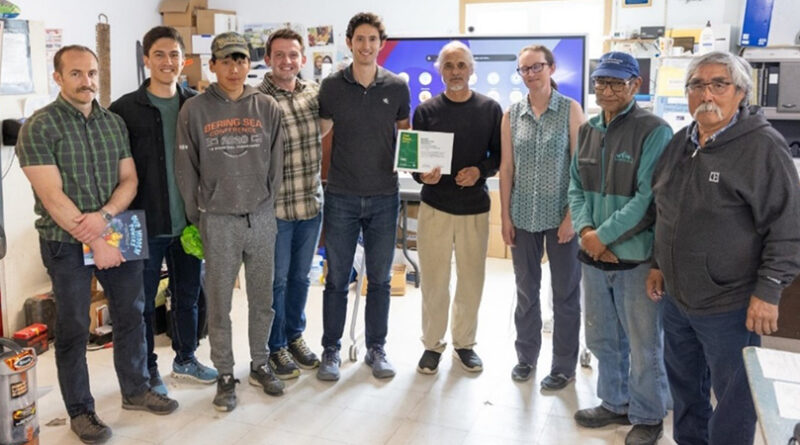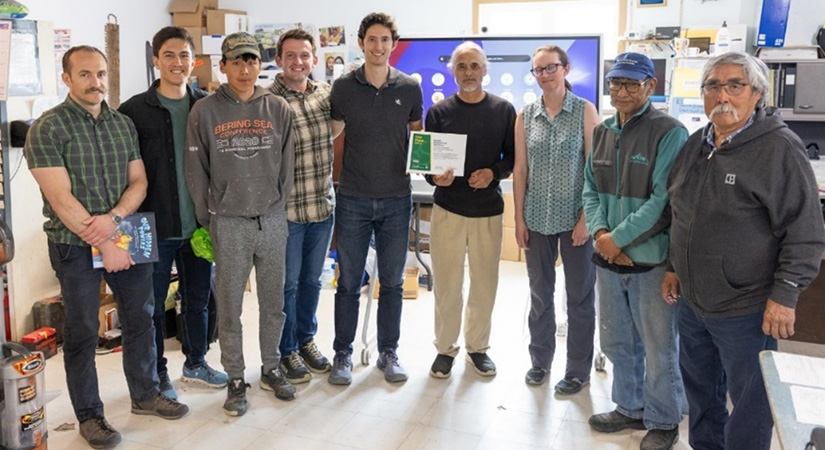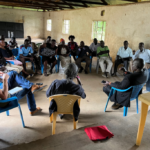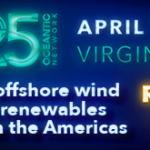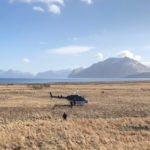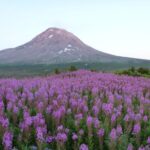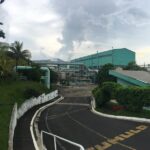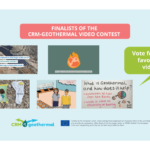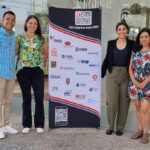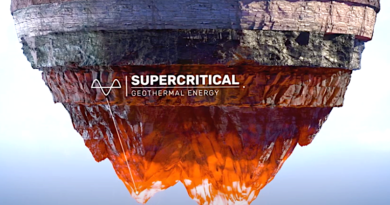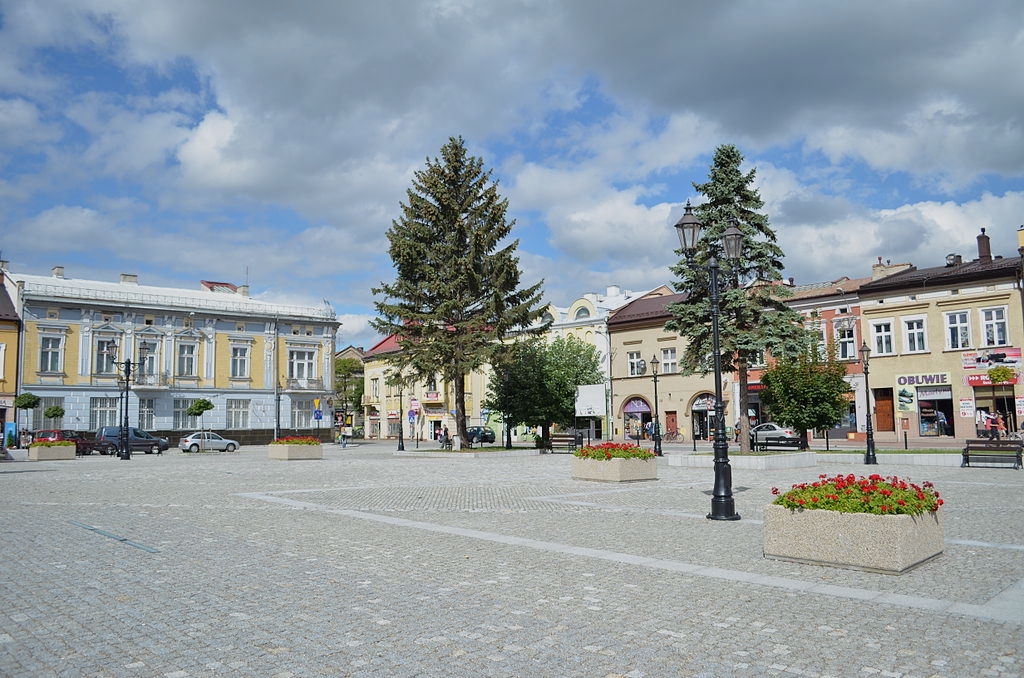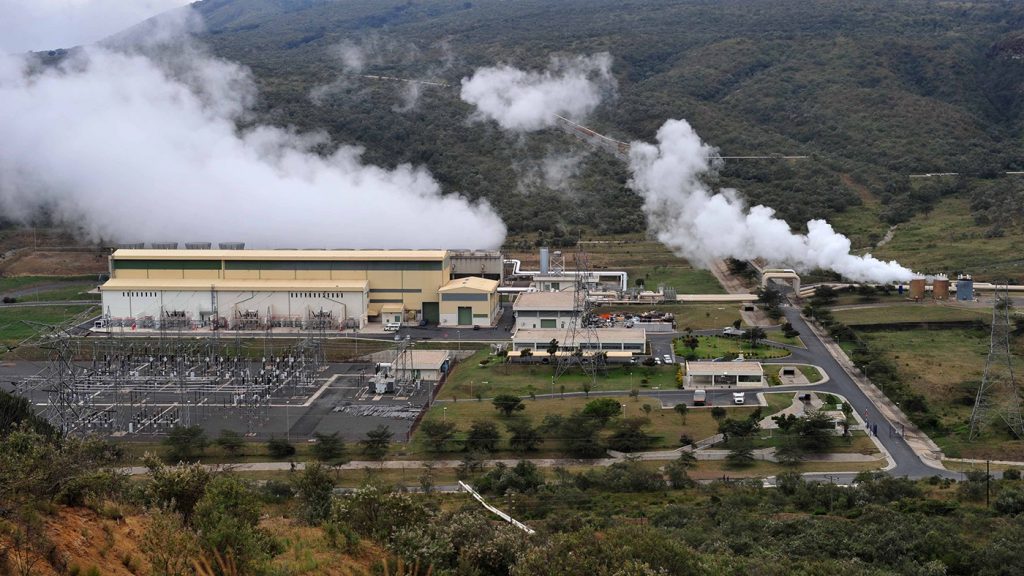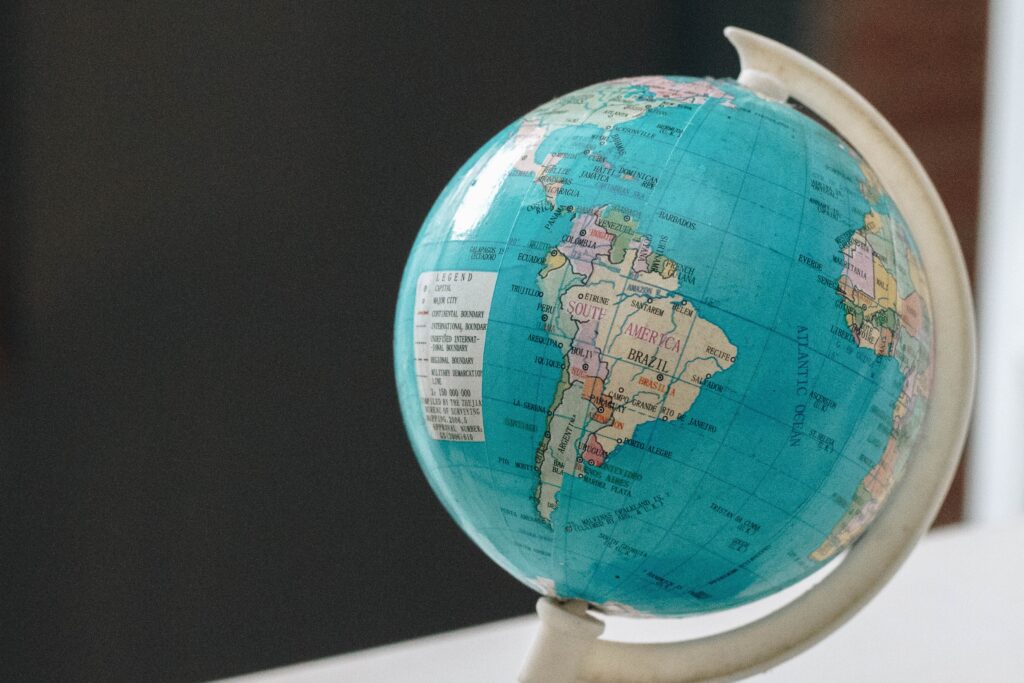Geothermal competition winners visit partner community in Elim, Alaska
Energy Disrupter
The winning team of the policy track of the 2023 Geothermal Collegiate Competition visited their partner community in the coastal town of Elim, Alaska.
After winning the Policy Track of the 2023 Geothermal Collegiate Competition by the U.S. Department of Energy, a group of researchers from Columbia University and Princeton University traveled more than 3500 miles to visit their partner community in Elim, Alaska.
Located on the northwest shore of Norton Bay on the Seward Peninsula, Elim is a 330-person Native Village that has had to rely on fuel oil for energy supply. The team’s economic analysis of their proposed ocean-based closed-loop geothermal heating and cooling system found that system costs could be recouped in as little as 14 years, while also honoring the Iñupiat way of living from the land and saving residents more than 2.3 million gallons of fuel oil and 70 million pounds of wood over 30 years.
“The Geothermal Collegiate Competition is the only DOE collegiate competition that supports winning teams physically connecting with the community they selected for their project,” said Elisabet Metcalfe, communications and stakeholder engagement lead at the Geothermal Technologies Office.
“This competition is not solely about workforce development—it also exists to connect communities to new ideas that can have a real impact and to show students the importance of stakeholder engagement.”
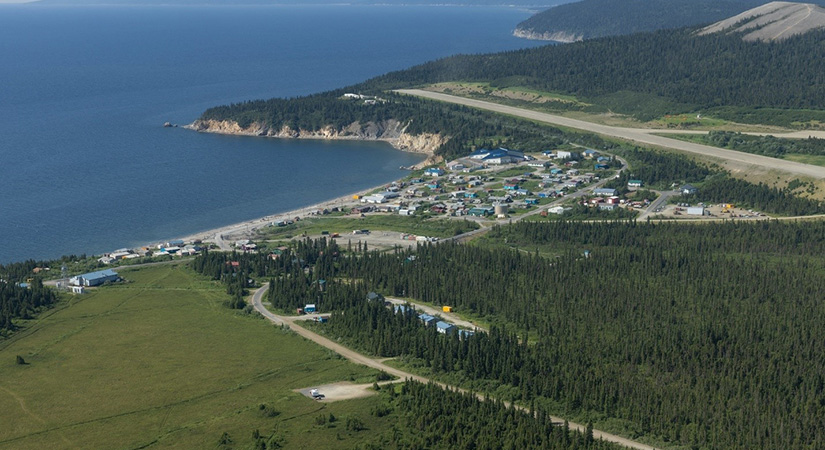
Although the collegiate competition was at the design and planning level, the team, which includes three members who have lived in Alaska, hopes their project can become a reality in Elim or a similar coastal town. The partnership also motivated the Elim community to seek additional technical assistance from DOE programs to find renewable energy solutions appropriate for their town.
“Our team, Aurora Geothermal Solutions, put together a plan for a geothermal district distribution system using heat exchange with the ocean and a borehole array, which Elim has really fantastic geology for,” said Moises Escobar, member of the winning research team. “We heard that fuel oil has run out previously here in Elim, and they’ve had to have emergency deliveries. It’s exciting to know that geothermal is something that wouldn’t run out there and would continue to work over the lifetime of a system, which we’ve forecast to be around 30 years.”
“If you can bring down the cost of energy, you can potentially help the community with other economic development that I think in turn could help create jobs and empower a community that already has a lot facing it, whether it’s from climate impacts or other associated aspects of that,” added Jackson Blackwell, another member of the team.
Members of the winning team, called Aurora Geothermal Solutions, stressed that similar projects in rural areas need to be community-led and community-driven. The members also said that future teams joining the Geothermal Collegiate Competition must remember that their projects have the potential to catalyze communities and that these early-stage ideas can have real impacts.
Source: National Renewable Energy Laboratory

